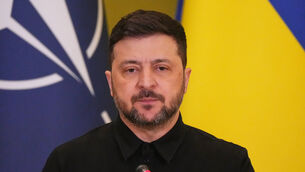Switzerland agrees to EU jobs access
The hard fought campaign in which the business community alone spent about €6 million, resulted in a higher than average turnout of almost 51% of voters, with 59.6% voting in favour.
This was higher than the previous referendum four years ago on extending the free movement to the then 10 new EU members, and was described as a miracle by Dr Urs Rellstab, deputy director of Economie Swiss, the country’s main business organisation.














